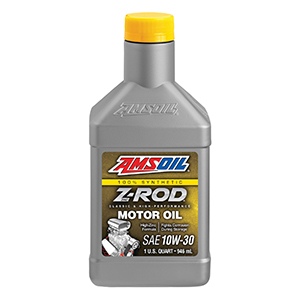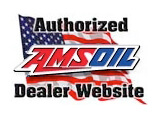01 Nov Rust Attacks Engines During Storage
Engines in storage invite rust and corrosion, therefore, industry standards require a minimum amount of rust and corrosion inhibitors.
Rust and Corrosion Degrade Everything
Rust and corrosion are constantly trying to degrade our vehicles and equipment. Practically everything, eventually, rusts or corrodes.
- our engines
- vehicle frames
- UTV suspensions
- trailer hitches
and other components rust or corrode unless we’re diligent about maintenance. While it’s easy to spot rust or corrosion on the outside of a vehicle, it can also form inside the engine, which is especially destructive.
What’s “Rust” and “Corrosion”?
Corrosion refers to the gradual breakdown of metal via chemical reactions with the environment. Metal reacts with oxygen and begins to deteriorate. Metal can also react with acidic gases, like the byproducts of combustion. Without intervention, the metal will eventually weaken and fail.
Rust is a type of corrosion that specifically affects iron and iron alloys, like those used to manufacture most internal engine parts. We’re all familiar with the telltale reddish-brown scale that forms on iron over time. Once rust forms, it spreads quickly and wreaks havoc on your vehicles and equipment.
What Invites Rust and Corrosion?
Certain conditions invite and hasten rust and corrosion. Folks who live where salt is applied to the roads in winter know this all too well. Moisture also invites rust and corrosion. Leave your truck outside in the rain for a day or two. The next time you drive, don’t be alarmed at the grinding noise when your first apply the brakes – it’s just the brake pads scrubbing the veneer of rust off the rotors. If rust forms inside your engine, it can flake off and populate the oil with contaminants. These tiny metal particles will circulate through the engine and scour bearings and other components before lodging in the oil filter. Eventually, the engine may suffer compression loss and reduced power due to piston-ring wear. The cam lobes can also wear, affecting valve lift and duration, which reduces power and efficiency.
Although most motorists don’t realize it, motor oil doesn’t naturally resist rust or corrosion. Specia l inhibitors must be added to the formulation that provide anti-rust and anti-corrosion properties.
l inhibitors must be added to the formulation that provide anti-rust and anti-corrosion properties.
We use our daily vehicles so frequently, rust and corrosion don’t have time to form inside our engines, which is why most passenger-car/light-truck oils don’t contain these additives. How about your hot rod, sports car or show car you drive all summer and store during winter?
Sitting inside a damp garage for months with motor oil in the sump contaminated with acidic combustion byproducts creates the perfect environment for rust. That’s why Amsoil formulates Z-ROD Synthetic Motor Oil with potent additives that prevent rust. The oil coats metal surfaces and provides a resilient layer of protection against rust.

